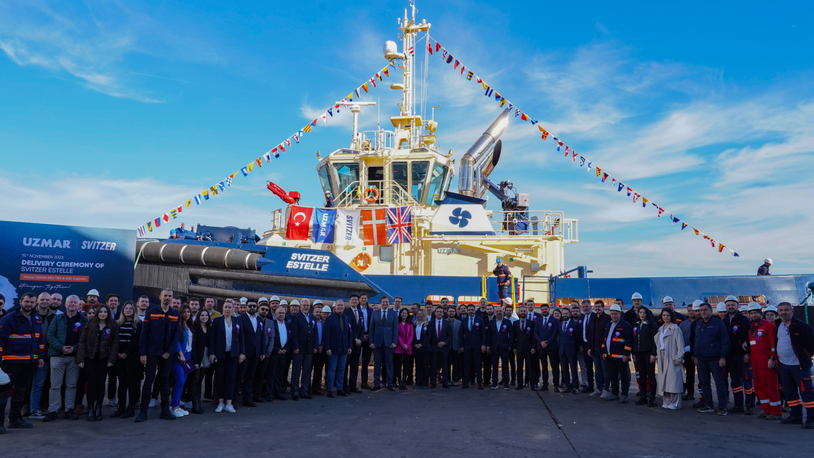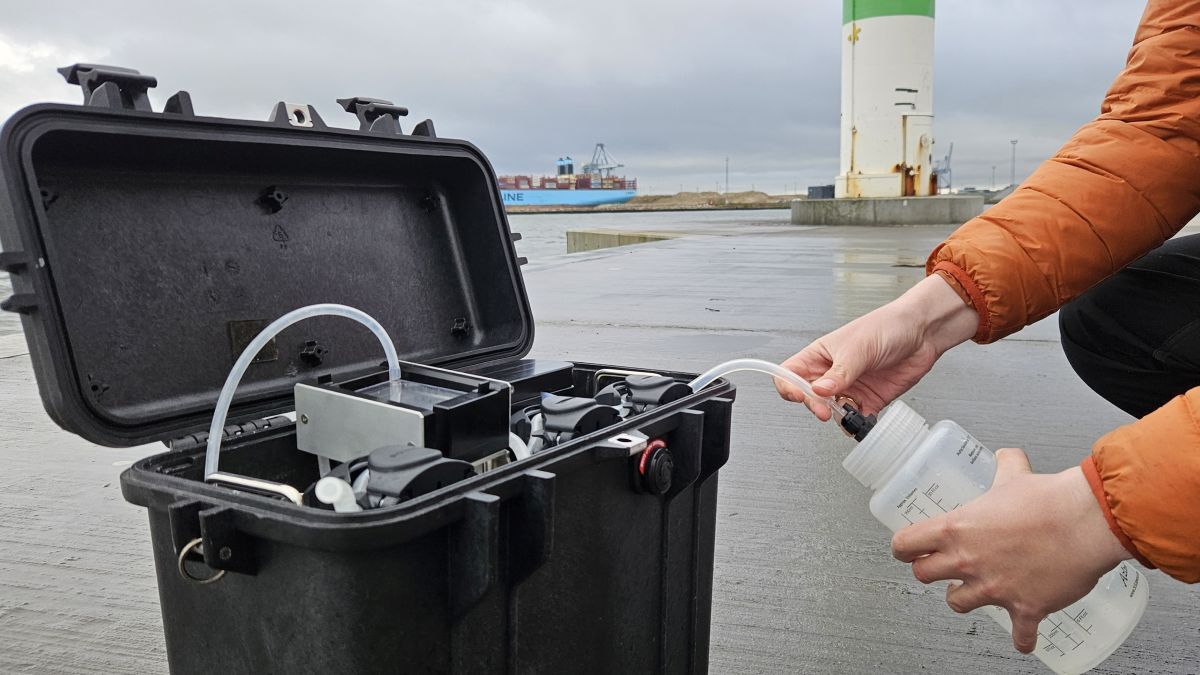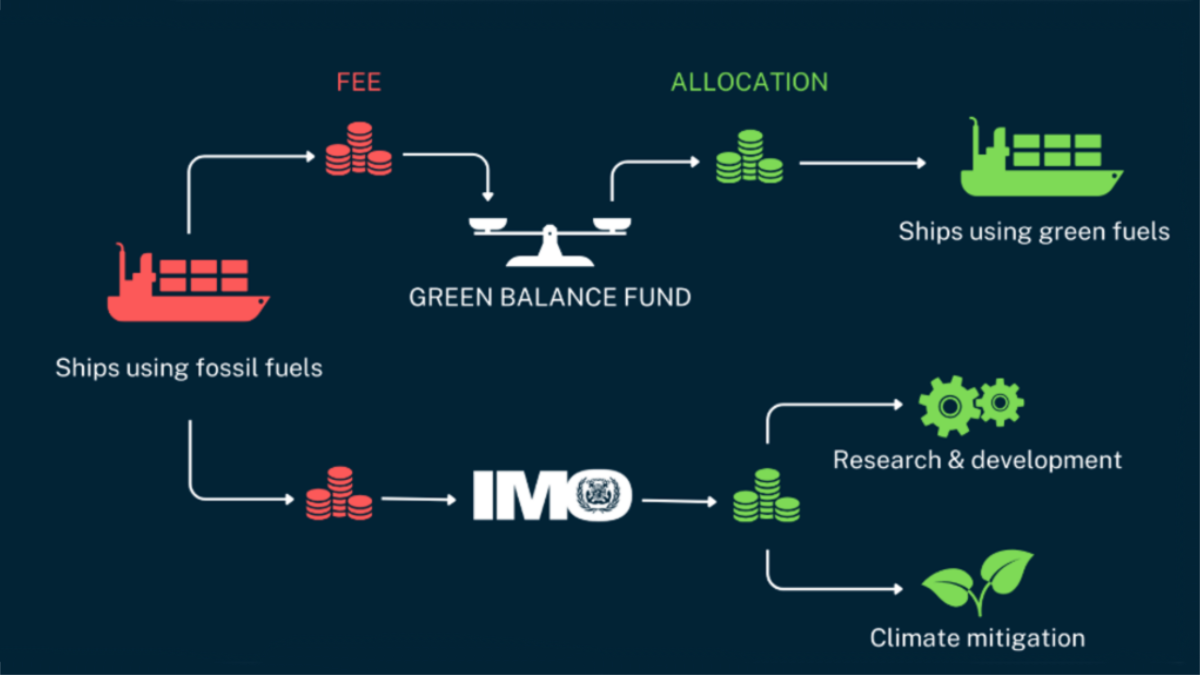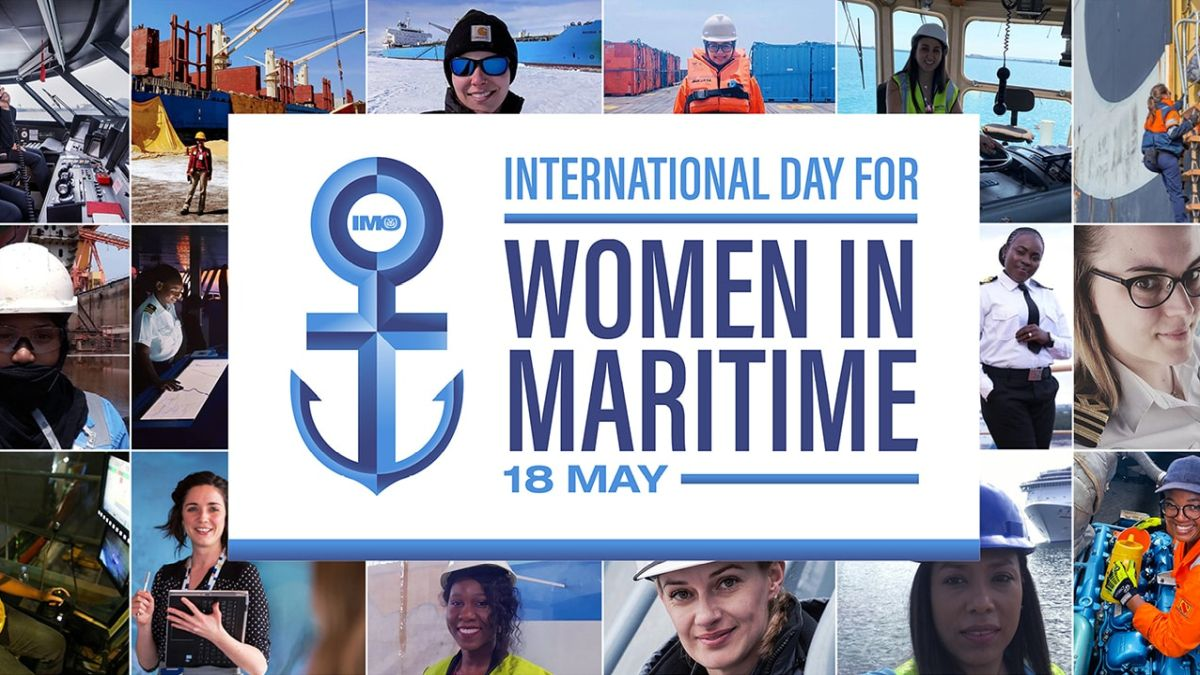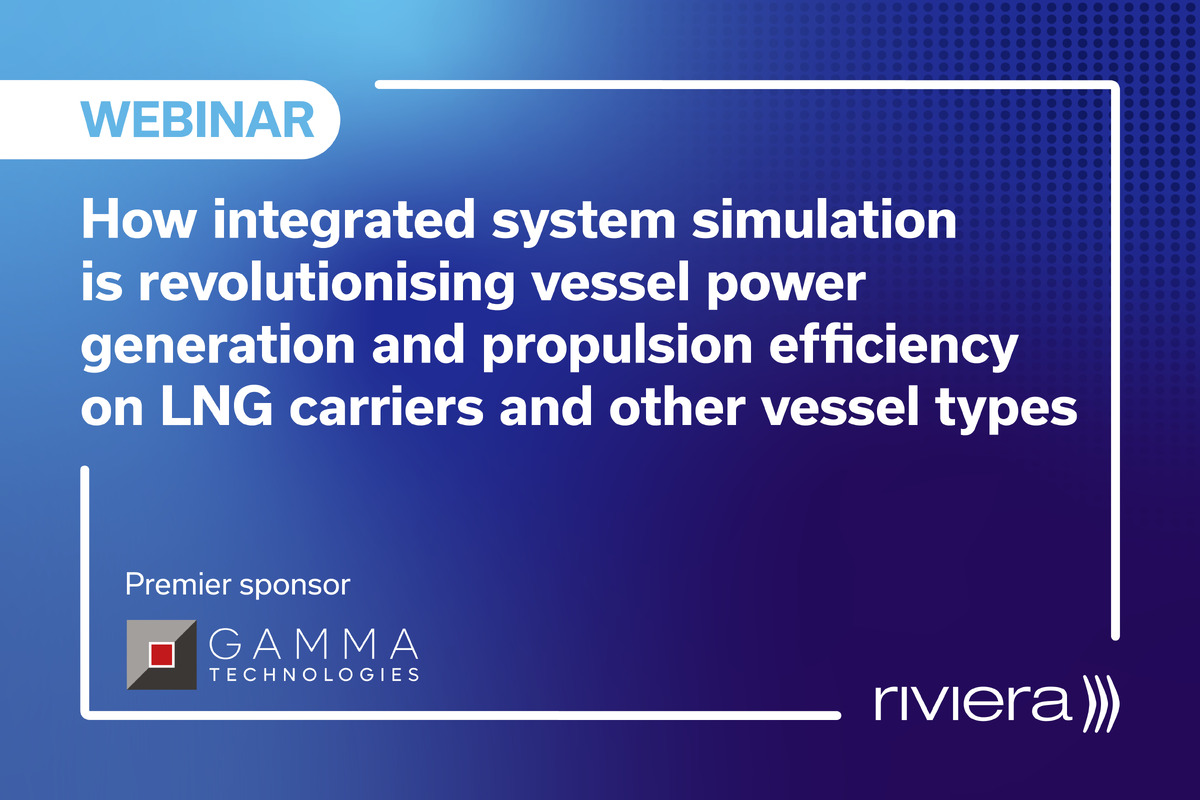Business Sectors
Events
Contents
Register to read more articles.
BTA overhauls UK towage conditions bolstering the reliability of the terms
The British Tugowners Association has released UKSTC 2024, the first comprehensive revision of the United Kingdom Standard Conditions for Towage in nearly four decades, replacing archaic language with international maritime standards and resolving liability ambiguities that had led to increased costs across the industry
"Without these terms and conditions, towage operations are uninsurable," emphasised Targe Towing managing director Nick Dorman, who chaired the review panel. The modernisation preserves essential protections that make commercial tug operations viable while resolving longstanding contractual weaknesses that had generated unnecessary litigation.
The most significant legal adjustment targets the core liability framework in Clause 4, replacing the previous six-part test with language directly mirroring the familiar test in the Limitation of Liability for Maritime Claims convention. This structural change brings the conditions into alignment with established international maritime law without sacrificing the tug industry’s essential protections.
Clause 4e, an incongruous previous addition that was the source of numerous contractual disputes concerning death and personal injury liability, has been replaced with clear allocation language. "There was a huge amount of debate about what that actually meant," explained Shipowners P&I senior claims executive Robert Shearer. The revised document now explicitly incorporates these risks into the primary liability allocation provisions.
The addition of "knowledge or recklessness" in what is a new wilful misconduct caveat to the vicarious liability principle in Clause 3, introduces some balance in favour of hirers in cases of intentional wrongdoing by the tug crew. Mr Shearer clarified under established legal principles, actions so reckless that injury would obviously result are treated similarly to intentional misconduct.
Significant operational improvements include simplified definitions of when towage operations officially begin and end – strengthening tug operators’ positions during mobilisation and demobilisation phases. "You have to have ceased towing and moved safely away before the indemnity stops," Shipowners P&I offshore syndicate claims manager, Alex McCooke confirmed during the panel discussion.
The revision, along with the covering letter and explanatory notes, also resolves the sometimes-posed question of who owns the conditions themselves. "We wrote it in the BTA’s constitution, and in our covering notes, we confirm the BTA are custodians of the UK Standard Conditions," Mr Dorman stated, addressing a governance issue that had previously been raised in revision processes.
Industry representatives raised practical concerns about enforcement when conditions are agreed by local vessel representatives rather than the tow owners. While Mr McCooke acknowledged standard principles of agency law generally resolve these disputes, Mr Dorman emphasised the imperative of clear incorporation, "If there’s one message we all take from here, it is to ensure anyone asking to use your services knows the UKSCT are incorporated."
The overhaul was achieved through extensive consultation across maritime stakeholders, including representatives from the UK Chamber of Shipping, the Chartered Institute of Arbitrators, and the International Group of P&I Clubs. Major operators including Boluda and Svitzer have already implemented the conditions since their January 2024 release.
The revised terms and accompanying explanatory guidance may be found on the BTA and UK Chamber of Shipping websites.
Sign up for Riviera’s series of technical and operational webinars and conferences:
- Register to attend by visiting our events page.
- Watch recordings from all of our webinars in the webinar library.
Related to this Story
Events
Maritime Environmental Protection Webinar Week
TUGTECHNOLOGY '25
Reefer container market outlook: Trade disruption, demand shifts & the role of technology
© 2024 Riviera Maritime Media Ltd.



